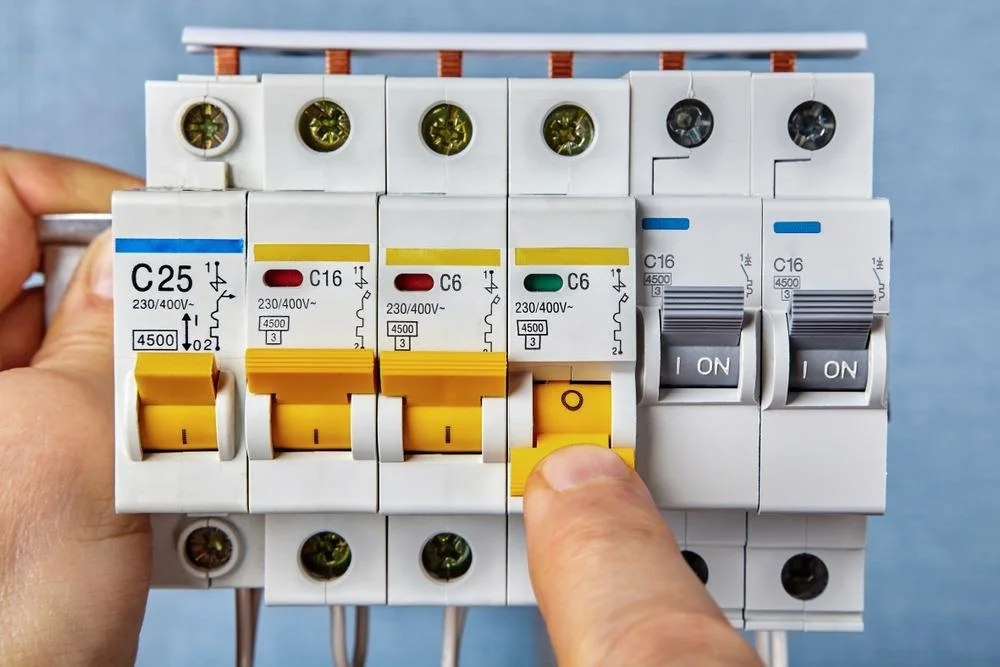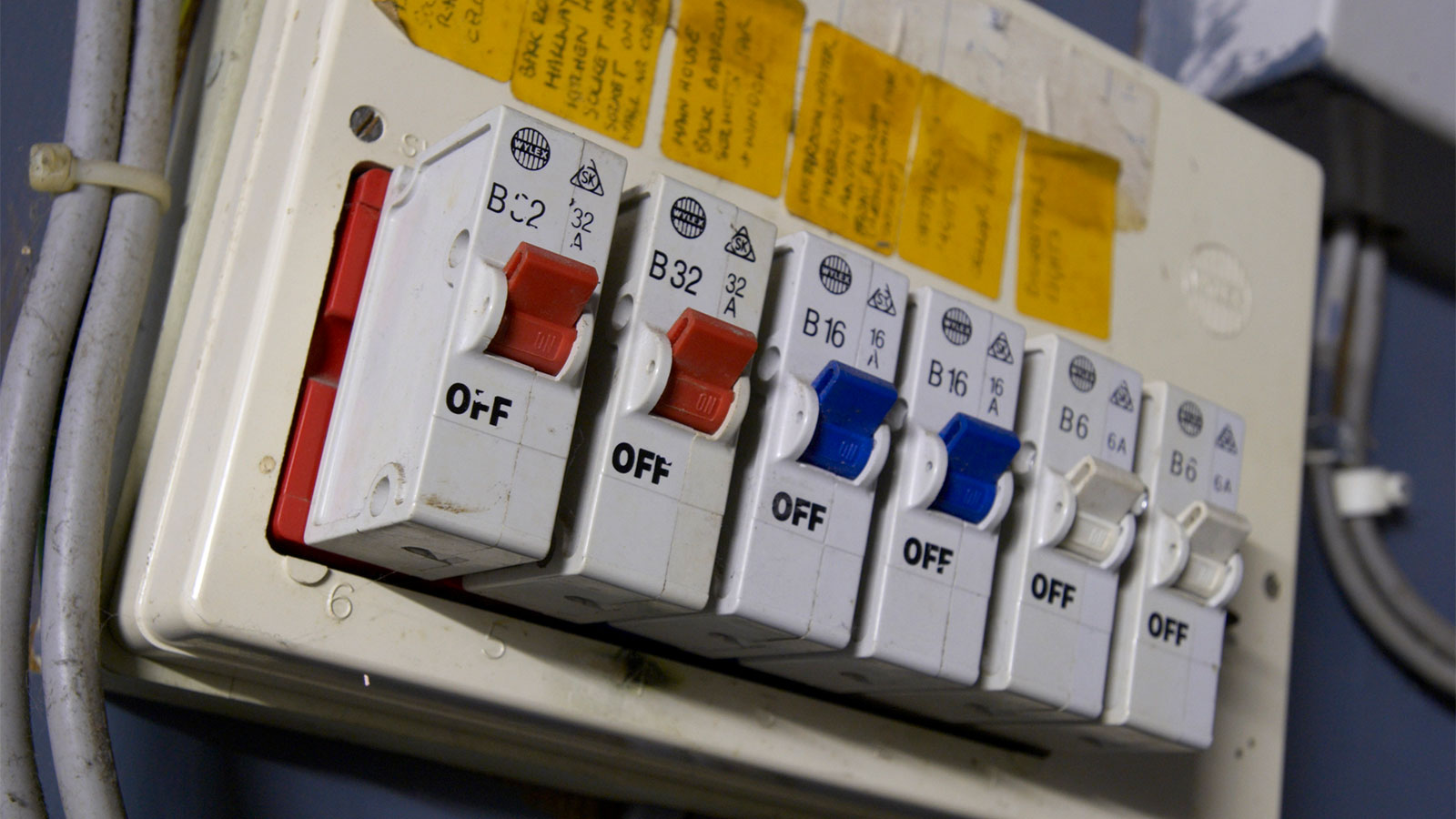As a homeowner, ensuring the safety and efficiency of your electrical system is paramount. Among the essential components of this system are circuit breakers, which play a crucial role in protecting your home from electrical hazards. In this guide, we’ll delve into the fundamentals of circuit breakers, their types, how they work, and why they’re vital for every homeowner’s peace of mind.
What Are Circuit Breakers?
Circuit breakers are automatic electrical switches designed to protect electrical circuits from damage caused by overload or short circuit. They function as a crucial safety mechanism by interrupting the flow of electricity when an abnormal condition is detected, preventing potential fires or electrical hazards.
Types of Circuit Breakers
Standard Circuit Breakers: These are the most common type of circuit breakers found in residential properties. They are designed to protect individual circuits and are available in various amp ratings to accommodate different electrical loads.
Ground Fault Circuit Interrupters (GFCIs): GFCIs are specialized circuit breakers designed to protect against electrical shocks caused by ground faults or leakage currents. They are typically installed in areas where water and electricity may come into contact, such as kitchens, bathrooms, and outdoor outlets.
Arc Fault Circuit Interrupters (AFCIs): AFCIs are designed to detect and mitigate the risk of electrical fires caused by arcing faults in wiring or devices. They provide an additional layer of protection against potential fire hazards in residential electrical systems.

How Do Circuit Breakers Work?
When an electrical overload or short circuit occurs, the current flowing through the circuit exceeds the rated capacity of the wiring or devices, leading to a potentially hazardous situation. Circuit breakers detect these abnormalities and act swiftly to interrupt the flow of electricity.
Here’s how a typical circuit breaker works:
Detection: Circuit breakers are equipped with sensors that monitor the flow of current through the circuit. When an abnormal condition such as overload or short circuit is detected, the breaker trips, cutting off the electrical supply to the circuit.
Tripping Mechanism: Circuit breakers employ various tripping mechanisms to disconnect the circuit when needed. These mechanisms may include thermal, magnetic, or a combination of both.
Resetting: After tripping, circuit breakers can be manually or automatically reset, depending on the type and design. It’s crucial to identify and address the cause of the overload or short circuit before resetting the breaker to prevent recurrence.
Why Are Circuit Breakers Important for Homeowners?
Safety: Circuit breakers play a critical role in preventing electrical fires, shocks, and other hazards by promptly interrupting the flow of electricity in case of abnormalities.
Protection of Electrical Devices: By regulating the flow of current, circuit breakers help protect electrical devices and appliances from damage caused by overload or short circuit.
Compliance with Electrical Codes: Proper installation and maintenance of circuit breakers are essential for ensuring compliance with electrical codes and standards, which are in place to safeguard homeowners and properties.
Peace of Mind: Knowing that your electrical system is equipped with reliable circuit protection provides peace of mind, allowing you to rest assured that your home and family are safe from electrical hazards.

Maintenance Tips for Circuit Breakers
To ensure the effectiveness and reliability of your circuit breakers, consider the following maintenance tips:
Regular Inspections: Periodically inspect your circuit breakers for signs of wear, damage, or corrosion. Replace any defective breakers promptly.
Test GFCIs and AFCIs: Test ground fault circuit interrupters (GFCIs) and arc fault circuit interrupters (AFCIs) regularly to ensure they are functioning correctly.
Avoid Overloading Circuits: Distribute electrical loads evenly across circuits to prevent overloading, which can lead to tripping and potential hazards.
Professional Inspection: Schedule periodic inspections by a qualified electrician to assess the condition of your electrical system and address any potential issues.
In conclusion, understanding circuit breakers is essential for every homeowner. By knowing how they work, the different types available, and the importance of proper maintenance, you can ensure the safety and reliability of your electrical system. Invest in high-quality circuit protection to safeguard your home and loved ones from electrical hazards.
